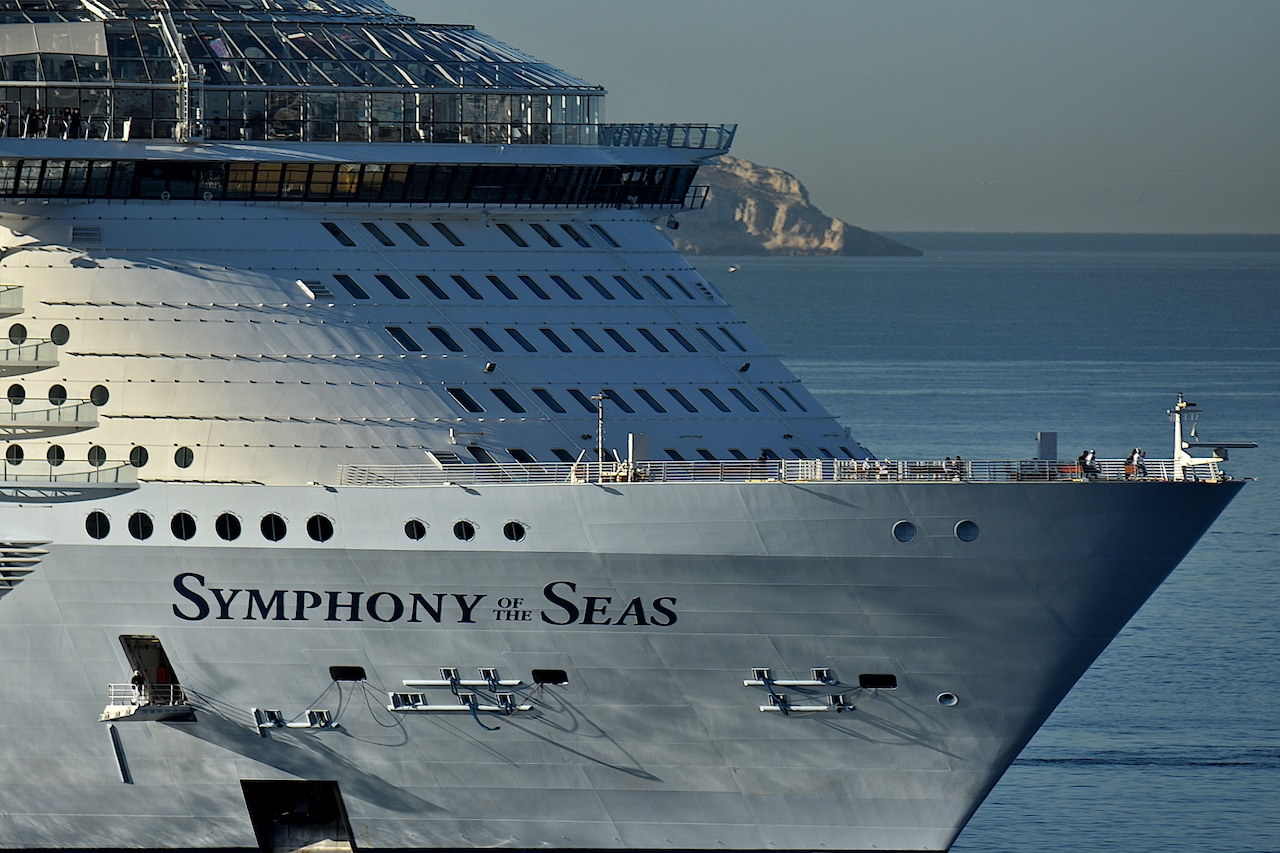Urgent Health Alert: Cruise Passengers Advised of Potential Outbreak

Royal Caribbean is taking swift action after a confirmed case of Legionnaires' disease aboard its massive Symphony of the Seas cruise ship. The cruise line has proactively reached out to passengers, informing them of the health situation following an alert from the U.S. Centers for Disease Control and Prevention (CDC).
In response to the diagnosed passenger, Royal Caribbean has implemented comprehensive precautionary measures to ensure the safety and well-being of all travelers. The cruise line is working closely with health authorities to monitor the situation and prevent any potential spread of the illness.
Passengers who were on the affected voyage are being advised to remain vigilant and seek medical attention if they experience any symptoms associated with Legionnaires' disease, such as high fever, cough, or difficulty breathing.
This incident underscores the importance of rigorous health protocols in cruise travel and the cruise line's commitment to passenger safety.
